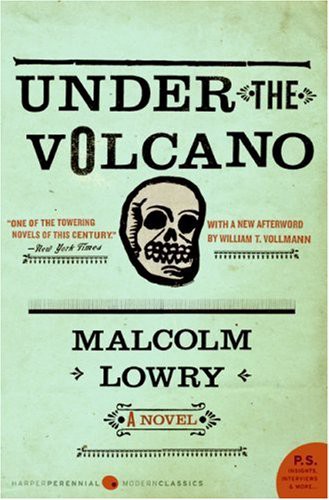
Under the Volcano PDF
Preview Under the Volcano
Malcolm Lowry's Under The Volcano, first published in 1947, is quite simply one of the great novels of the 20th century. Semi-autobiographical, and taking place during the Mexican festival of the Day of the Dead in 1938, it recounts the last day in the life of the alcoholic ex-consul Geoffrey Firmin. Surrounded by the helpless presences of his ex-wife, his half-brother and acquaintances, he descends into a mescal-soaked purgatory, moving inexorably towards his tragic fate. His self-destructiveness reflects a spiritual struggle born of wilful abnegation and passivity, a depressed, existential acquiescence to the futility of positive action.The story is simple, its manner of telling decidedly not: Lowry's style is dense, symbolic, allusive, the prose thick with resonance, and the structure complex, with flashbacks, abrupt shifts, and a gradual accumulation of information--it is a book that deserves reading and then rereading, for its pattern and subtleties reveal themselves only slowly. Firmin's story anchors the book's political ambience--the rise of Fascism and the tragedy of the Spanish Civil War lie heavily across its pages, and in turn make of Firmin not a character to be pitied but a representative figure of modernity. In this, Lowry's masterpiece has lost none of its power: it speaks to us of suffering and of loneliness, eliciting our compassion under the century's terrible shadow of mortality.
